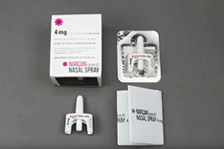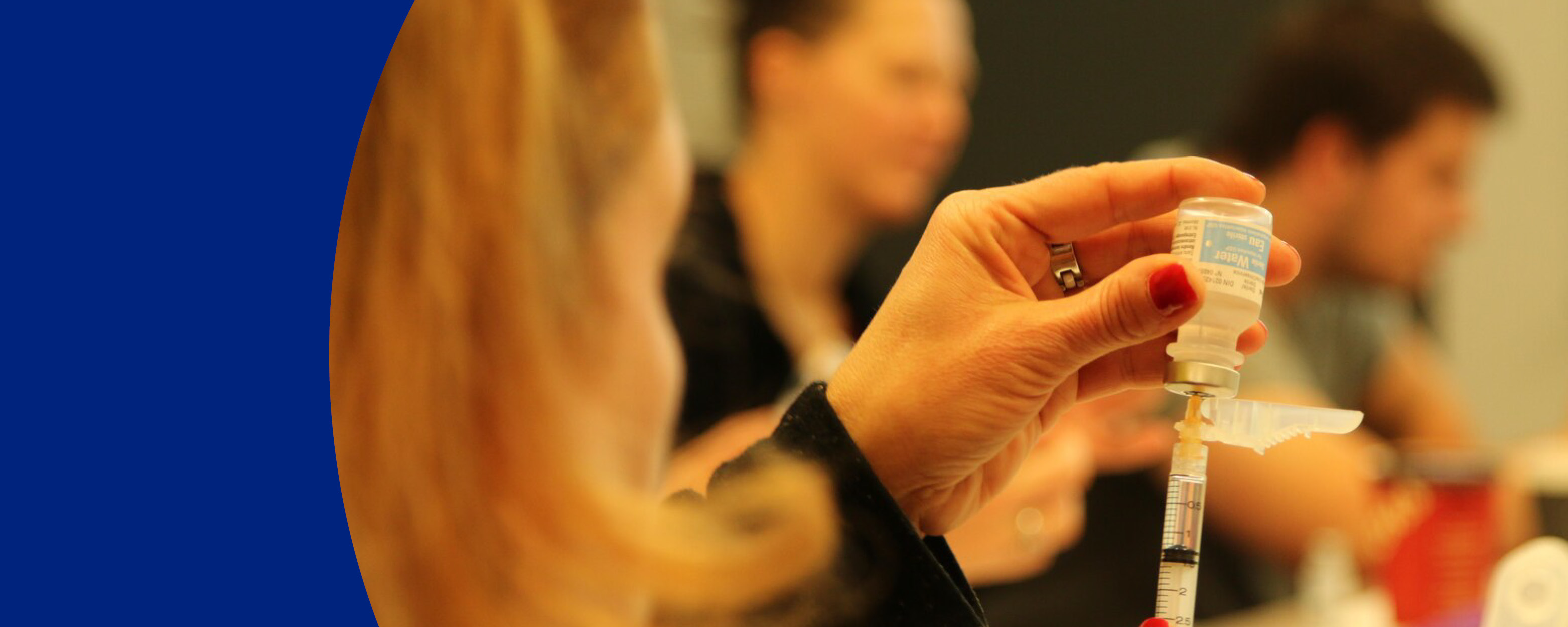For just over a year now, all counsellors working in Portage rehabilitation centres have been required to receive training on the use of naloxone kits. Given the extent of the opioid crisis (see: The Opioid Epidemic: Addiction with a Prescription) in Canada and the United States, the Portage Health and Safety Committee made the decision to equip all centres with naloxone, a substance used to reverse the effects of an overdose.
In November 2017, the ministère de la Santé et des Services sociaux du Québec entrusted the Régie de l’assurance-maladie du Québec with the management of a new program for free access to naloxone and certain related supplies. The aim of the program is to facilitate access to naloxone and thereby ensure timely help for opioid overdose victims in an effort to counter the overdose epidemic. Programs for free and ready access to naloxone have been implemented in all Canadian provinces.
ʺNaloxone is used by first-responders, including paramedics and firefighters. Take-home kits are also available at most pharmacies or local health authorities for anyone who is at risk of an overdose or who is likely to encounter one”, explains Health Canada.
In early 2018, Portage decided to make naloxone kits available in all its rehabilitation centres. The kits are purchased at community pharmacies and include naloxone, gloves, a CPR mask and instructions. All counsellors receive mandatory training on the use of naloxone kits, which focuses on how to identify an overdose and how to administer naloxone safely. Counsellors learn to use both types of kits: the intranasal spray naloxone and the injectable naloxone, which can be injected into any muscle.


In April 2019, Marie-Claude Gélinas, Director of Nursing Services at Portage initiated talks with the Public Health Agency of Canada to allow Portage medical staff to train new counsellors on the use of naloxone.
Anyone who is at risk of encountering an overdose can receive free training on the use of naloxone kits. According to Ms. Gélinas, everyone should be able to use this antidote to help prevent overdose fatalities.
Recently, a counsellor at the Québec City Day Centre put his training to good use when he gave a presentation on the premises of a partner organization and saw someone collapse as a result of an opioid overdose. The counsellor remained calm and administered the naloxone.
More than 2000 people died as the result of an overdose in Canada between January and July 2018; naloxone could help reduce the number of overdose victims significantly.






Leave a Reply